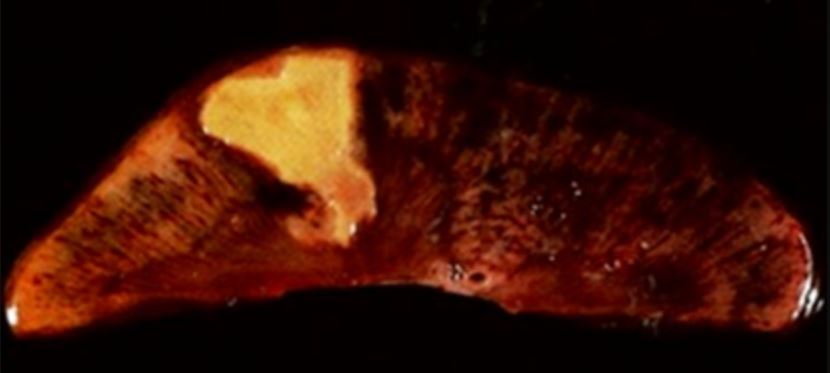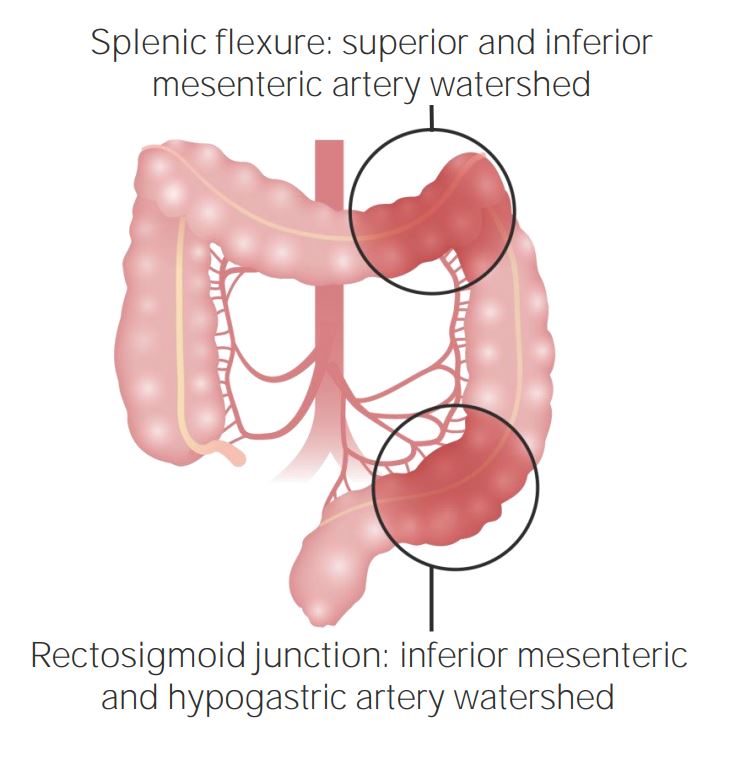Playlist
Show Playlist
Hide Playlist
Mechanisms of Cellular Injury: Introduction
-
Slides Cellular Pathology Mechanisms of Injury.pdf.pdf
-
Download Lecture Overview
00:01 We previously had an overview of cell injury and death, and then we've also talked about the various ways that our environment or life can conspire to injure cells. 00:13 Now we're going to talk about what actually happens when a cell gets traumatized and that's the mechanisms of injury. 00:21 Here's our road map, and you can see that we've done an overview. 00:25 We've talked about principles and basic etiologies of injury, and now we're gonna do mechanisms of injury. 00:33 There are four basic targets. 00:35 Parts of the cell that are vulnerable, susceptible to injurious injury. 00:41 And that includes the cell membrane, the ability to generate ATP, the ability to make protein and the integrity of the genome these are all very clearly interrelated. 00:55 So if we don't make enough ATP, we can't synthesize proteins. 01:00 If we have genetic defects, we will probably impact cell membrane function. 01:09 So the point about this is that although individual injurious stimuli a particular toxin might hit one or the other very quickly, all four elements of this will come into play, and the cell rapidly spirals into death. 01:28 So the take home message here is it's very difficult to dissect the primary insult versus all the secondary things that happened very quickly thereafter. 01:39 There are four major biochemical mechanisms of injuries. 01:42 So we did talk about how the membrane is important and we talked about how the genetic components are important in ATP. 01:52 Synthesis is important, but now let's talk about specifically what happens. 01:58 And so we're gonna talk about ATP depletion, and that's happening as an inhibition of oxygen phosphorylation occurs and also because of the switch of the cell, metabolically to anaerobic pathways to try to maintain normally ATP synthesis. 02:17 It turns out that calcium channels, calcium concentrations air also really important, and if we lose calcium homeostasis, that would be a major biochemical mechanism of cell death cell injury. 02:32 Now that's not to minimize the effect on sodium, potassium and proton gradiants as well, but we're going to emphasize for this discussion calcium homeostasis. 02:41 The generation of oxygen free radicals is going to be a very important concept that we will carry forward in many different ways when we talk about pathology. 02:52 But the generation of oxygen free radicals that occurs during injurious stimuli is a very important biochemical mechanism of cell death. 03:01 And finally the mitochondria and a lot of things come back to the mitochondria. 03:05 But if they are damaged, they're not just making less ATP, but they are also potentially driving cell death. 03:16 So that's where we're headed today, we're gonna talk about each one of those in turn.
About the Lecture
The lecture Mechanisms of Cellular Injury: Introduction by Richard Mitchell, MD, PhD is from the course Cellular Injury.
Included Quiz Questions
Which cellular organelle plays a primary role in regulating cell death?
- Mitochondria
- Endoplasmic reticulum
- Golgi apparatus
- Centrioles
- Ribosomes
Which of the following is not a basic target for cell injury?
- Generation of reactive oxygen species
- Generation of adenosine triphosphate
- Protein synthesis
- Cell membrane function
- Integrity of the genome
Customer reviews
5,0 of 5 stars
| 5 Stars |
|
5 |
| 4 Stars |
|
0 |
| 3 Stars |
|
0 |
| 2 Stars |
|
0 |
| 1 Star |
|
0 |





